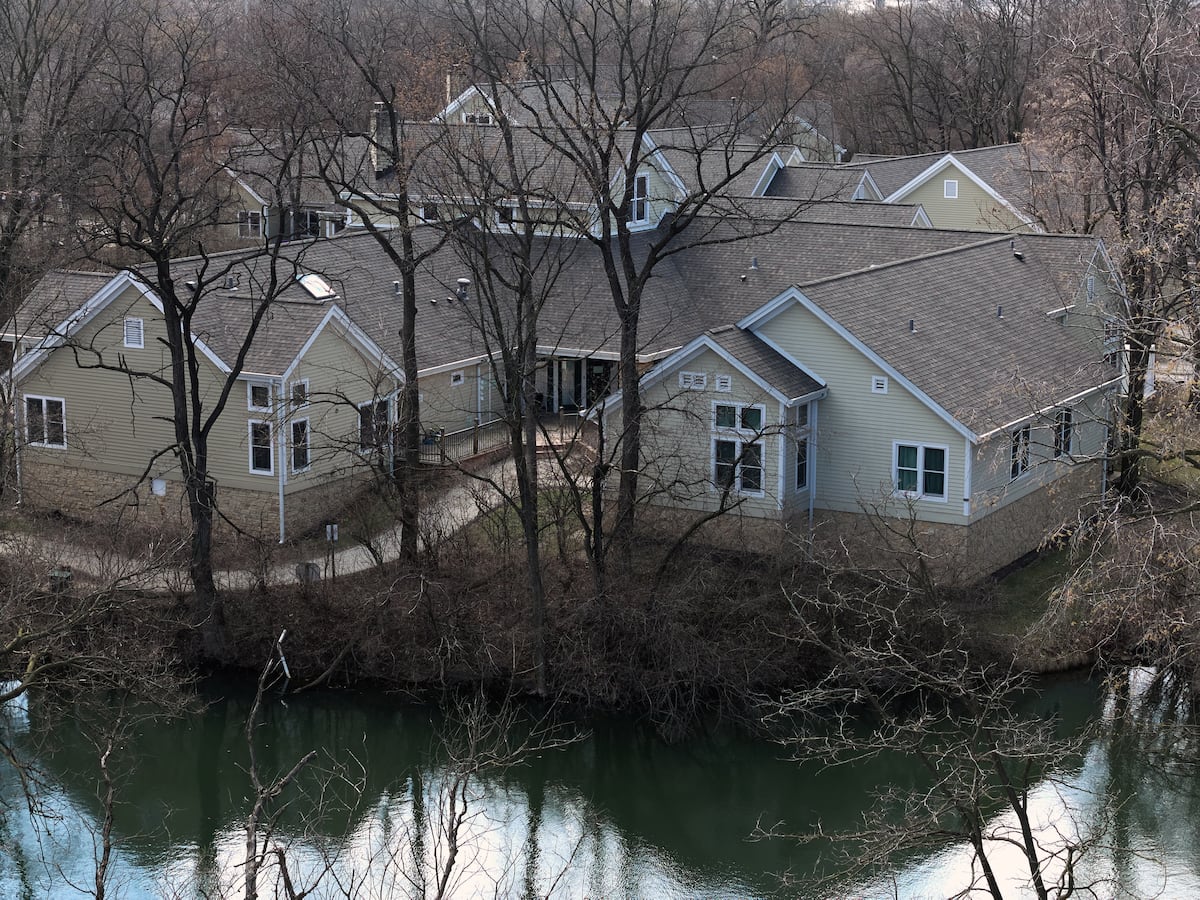Timberline Knolls: Mental Health Center Closure & Controversy
Is it possible for a place meant for healing to become a source of further pain? The story of Timberline Knolls, a residential treatment center in Lemont, Illinois, raises this unsettling question, revealing a complex narrative of promise, peril, and ultimately, closure.
The facility, once lauded for its comprehensive approach to mental health care, is slated to cease operations on February 13, 2025, a decision announced by its parent company, Acadia Healthcare. This closure marks the end of an era, a period shadowed by a series of troubling events and mounting concerns surrounding the care provided to vulnerable patients. The sprawling campus, nestled on 43 wooded acres in the western suburbs of Chicago, once represented a sanctuary for women and girls grappling with eating disorders, substance use disorders, the effects of trauma, mood disorders, and other mental health concerns. Now, however, it's the site of a legacy marred by controversy and allegations that have cast a long shadow over its reputation.
| Facility Name | Timberline Knolls Residential Treatment Center |
| Location | Lemont, Illinois, USA |
| Parent Company | Acadia Healthcare |
| Closure Date | February 13, 2025 |
| Services Offered | Treatment for eating disorders, substance use disorders, trauma, mood disorders, and other mental health concerns. Partial Hospitalization Program (PHP) and Intensive Outpatient Program (IOP) also available. |
| Controversies & Allegations | Lawsuits, reports of sexual assault by staff members, allegations of abuse and neglect, concerns about staffing levels and patient care. |
| Reference Website (Example) | Acadia Healthcare Official Website (This is an example, use an actual reference) |
The path to this closure has been paved with challenges. Since 2018, Timberline Knolls has been the focus of several lawsuits. A disturbing pattern emerged, punctuated by allegations of sexual assault perpetrated by staff members. This was not an isolated incident; a woman with mental health issues filed a lawsuit, accusing the facility of failing to protect her from such abuse. The legal claims allege a history of sexual abuse and neglect, leading to significant trauma and damage for the victims.
These issues were further compounded by revelations of operational shortcomings. Reports surfaced indicating that the facility may have skimped on staffing, potentially compromising the quality of care and increasing the risk of incidents. This, combined with other issues, created an environment far removed from the "safe and inclusive" setting promised by the program.
The closure of Timberline Knolls comes after a review of the current landscape and a number of controversies involving staff members and lawsuits. These factors, coupled with the financial implications of ongoing legal battles and reputational damage, likely contributed to Acadia Healthcares decision.
Timberline Knolls offered various therapeutic approaches, including Dialectical Behavior Therapy (DBT), Acceptance and Commitment Therapy (ACT), Cognitive Behavioral Therapy (CBT), and motivational interviewing. They offered programs for women and girls addressing a broad range of mental health concerns, including eating disorders, substance abuse, the effects of trauma, mood disorders, and other related challenges.
The facility promoted itself as a haven, a retreat from the stresses of the outside world. The wooded campus was supposed to provide a non-hospital setting, fostering a sense of calm, peace, and comfort as patients embarked on their recovery journeys. Within this environment, amenities were designed to inspire and facilitate healing.
Beyond the residential program, Timberline Knolls offered a Partial Hospitalization Program (PHP) and an Intensive Outpatient Program (IOP), located near Chicago. These programs aimed to provide ongoing support to women in their recovery process. PHP was designed to be an ideal space for women to make progress in their recovery.
The closing of Timberline Knolls raises important questions about accountability within the behavioral health industry. It highlights the critical need for rigorous oversight and the paramount importance of prioritizing patient safety and well-being. Acadia Healthcare, as one of the nation's largest behavioral health providers, faces significant scrutiny, including public outrage. Instances of patient suicide and rape at other facilities are also cause for concern and raise further questions about the systems within these organizations.
The allegations against Timberline Knolls and other Acadia Healthcare facilities are a reminder that even in environments designed for healing, harm can occur. The fundamental principles of care, service, and the highest standards must be upheld, as the core values of any treatment center.
The decision to seek treatment at Timberline Knolls often involved those suffering from disorders, such as borderline personality disorder. Making the decision to get treatment might feel overwhelming, but the residential treatment center was there to help every step of the way. The programs would provide the borderline personality disorder treatment.
The narrative of Timberline Knolls serves as a cautionary tale. It underscores the complexities of mental health treatment, where the pursuit of recovery can sometimes intersect with vulnerability and the potential for exploitation. The closure marks a turning point, an opportunity to reflect on the lessons learned and to redouble efforts to ensure that all treatment facilities prioritize the safety, dignity, and well-being of those they serve.
The history of Timberline Knolls reveals that the best intentions and professional expertise are not enough. The events at Timberline Knolls show how critical it is to provide patient safety and the importance of prioritizing patient's well-being.
It's a stark reminder that the journey toward mental wellness is fraught with challenges and that the pursuit of healing must always be guided by a commitment to transparency, accountability, and the unwavering protection of the most vulnerable among us. The closure is a loss but also a chance to start over, with lessons learned and a renewed dedication to providing safe, effective, and ethical mental health care.


